Much of the world and indeed the country is looking on at ever ongoing Brexit situation. What many don’t realise is that Britain has always had a love-hate relationship with Europe and it’s largely due to geography and history.
Around the world and through the millennia, nations on the edge of a sphere of influence have always have mixed feelings about their sometimes overbearing neighbours and often these neighbours have seen an outlying territory as part of their own whilst those that live there feel differently. You only have to look at Russia today both for a country wanting to be European but irreconciled with it and for distant provinces that don’t really want to be Russian at all… because really they are not.
Geographically Britain is on the edge of the European continent and we feel differently then many in Austria or Luxembourg. Similarly many in Scotland feel less British than those further south and many in the Shetland Islands don’t feel particularly Scottish.
Whilst Britain has undoubtedly benefitted and in many ways been central to European arts, culture and science it has a different experience than neighbouring countries. We’ve probably also sacrificed more than any other country in terms of the dead for Europe than anyone else and our general history of religion, personal freedoms and government are quite different. Many of the treasured statues of Europe and the United Nations were taken almost directly from Britain. Almost every European nation been invaded, occupied and suffered from dictators, fascists and communists and many of these just a few decades ago. As such it is perfectly natural for the people there to have different values and goals and desires for their states that are very alien to us and no doubt vice-versa. It doesn’t make either side right or wrong… just different.
Anyway the current situation is just the latest time we have had Brexit. No doubt there will be more in the future but just to show that this is nothing new, the historian Simon Jenkins (who is both slightly left-wing but also sees the EU as being floored or failed and not Europe itself) has listed previous Brexits that shook things up.
1.The formerly independent and disunited British Isles were partially taken by force by the Romans and as the ancient province of Britannia was firmly part of the Roman empire for four centuries before that empire’s disintegration forced it to leave, in 410AD.
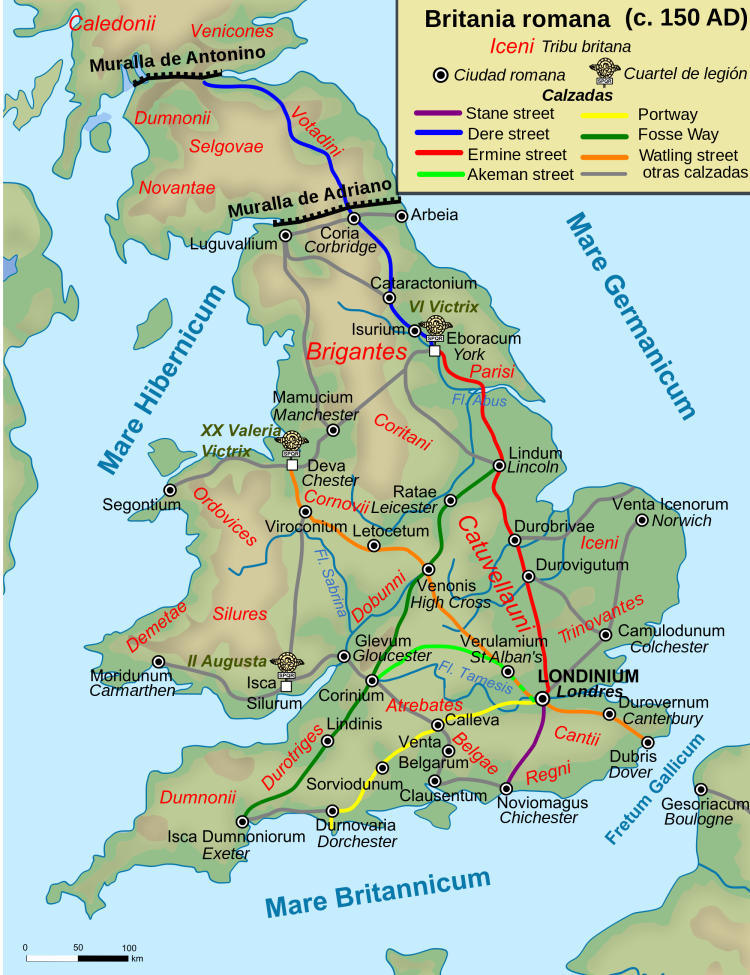
2. Two centuries later, in 664, England voted at the Synod of Whitby to rejoin what was the European Union of its time, that of the Roman Catholic church. Things went largely ok and the islands prospered except for the odd Viking and Norman Conquest and some major squabbles under the likes of Henry II and King John. In 1534, Henry VIII spectacularly withdrew from that union again and Reformation England kept good distance from the terrible European wars of religion throughout the 16th and 17th centuries.
3. In 1704, England changed its mind and the Whigs plunged into the war of the Spanish succession against Louis XIV. The Tories reverted to detachment after Utrecht in 1713 and the Hanoverians left Europe well alone.
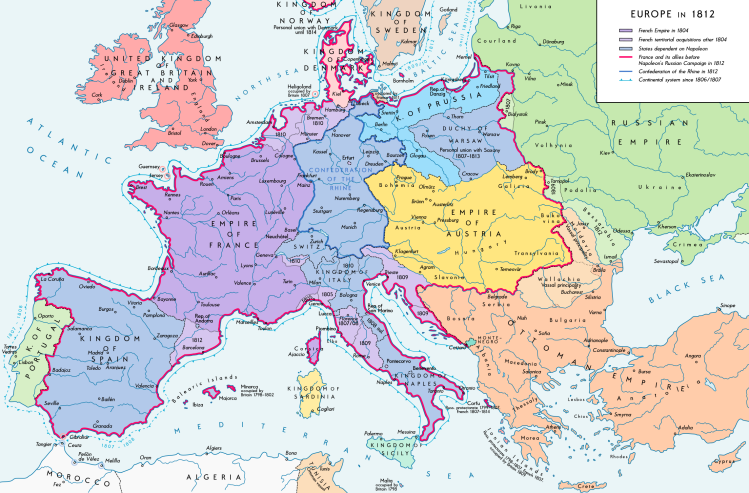
4. In 1734 Prime Minister Walpole boasted to Queen Caroline that “50,000 men are slain in Europe this year, and not one an Englishman”. The Pitts would subsidise selected European allies but refused to fight with them, until Britain was drawn into the war against Napoleon. The overwhelming victories at Trafalgar and Waterloo changed the continent and world forever and a London square and a station were erected as memorials to the cause of a newly united Europe. At the Congress of Vienna in 1815 Britain helped found the Concert of Europe, to resolve the continent’s future conflicts peacefully. The fantastic Waterloo room at Windsor Castle is not so much dedicated to a glorious victory but instead the fantastic achievement of brining peace to Europe. Britain soon lost interest to the rather parochial disputes on the continent to concentrate on trade with our old friend “the rest of the world”.
5. Britain re-engaged with Europe for the Crimean war but then promptly disengaged to leave Bismarck to grow his power base. Lord Salisbury declared a European policy to be one of “splendid isolation … drifting lazily downstream, occasionally putting out a boat-hook to avoid collision”.
6. In the 20th century isolation met its nemesis: Britain was drawn into the terrible Great War to help save Europe from itself again. It then appeased France’s desire for revenge against Germany, and appeased its inevitable outcome, the rise of Hitler who was allowed to take power and once once again Brexit was reversed.
7. After WW2, a new Europe, or rather new western Europe, saw Britain fully engaged in Nato. But it declined to join the Common Market in 1957.
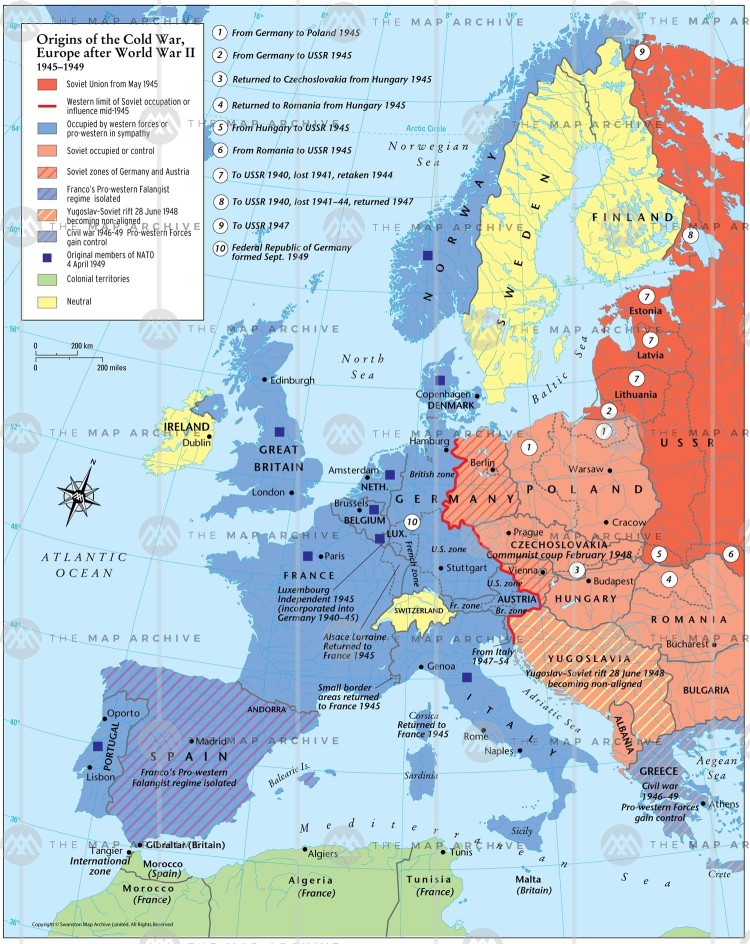
8. About six years later Britain changed her mind and in 1973 voted to join the European Economic Community… something which most Brexiters would be very happy with today if it still existed in the form it did. Despite having serious misgivings, Mrs Thatcher of all people revolutionised Europe imploring the end of protectionism and state sponsored industries and in 1986 as “a single market without barriers – visible or invisible – with direct and unhindered access … to 300 million of the world’s wealthiest people” was created. Mrs T was triumphant again, as she often tended to be for good and for ill.
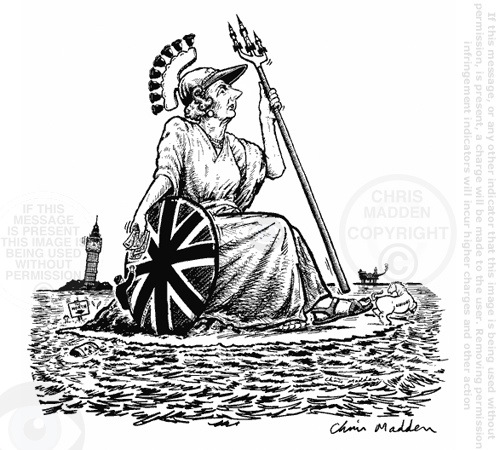
9. It didn’t take long for the current cycle of Brexit to get started. The 1992 Maastricht Agreement saw British doubts return, largely to the EU’s drift to “ever closer union”. It upset the delicate equilibrium between the benefits of union and Britain’s sense of independence. John Major declined to join the eurozone and the EU social chapter and with an increasingly inflexible and seemingly unaccountable EU superstate growing stronger and yet also more distant, the stage was set for the historic 2016 vote.
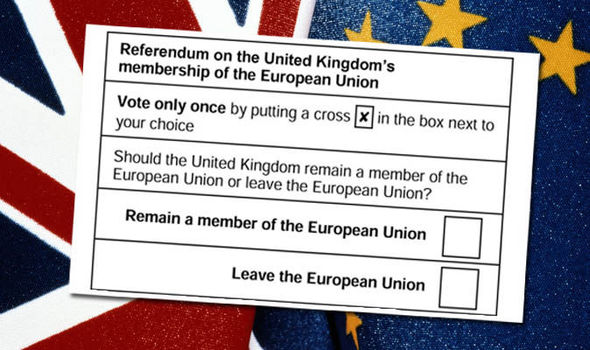
I agree with Simon in that the decision is bound to be reversed either now by the establishment which isn’t inline with the people or in the future by the people themselves once the nature of the EU has changed. As Mr Jenkins comments, “All Europe’s great settlements – Westphalia, Utrecht, Vienna, Versailles, Yalta – have lasted no more than two generations.” What seemed and was important to people in the mid 20th century carries very little weight to people entering the second quarter of the 21st.
The EU isn’t Europe and Europe is always changing, indeed the EU itself is continuing to change and various peoples within it are enthused or repulsed by these changes to various degrees. Sooner or later everything will sync up again and everyone will be friends, at least for a time.
I enjoyed your post, a valuable historical reflection. I think there is a difference this time that significant upheaval and splintering is inevitable. Certainly in this country if the elites try to remain in the EU, and certainly across Europe with the rise of populism, gilets jaune, visegrad alliance etc.
LikeLiked by 1 person